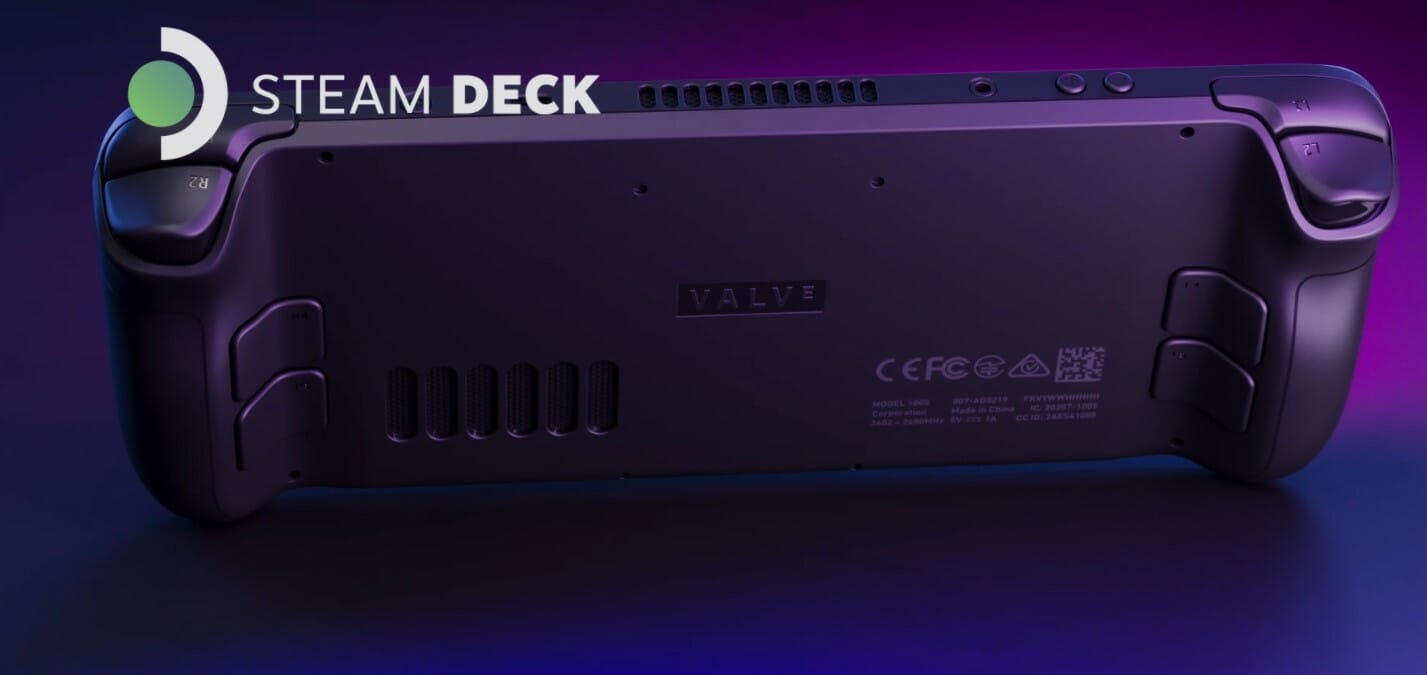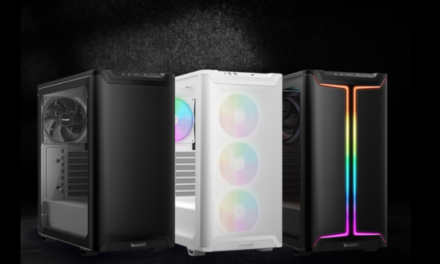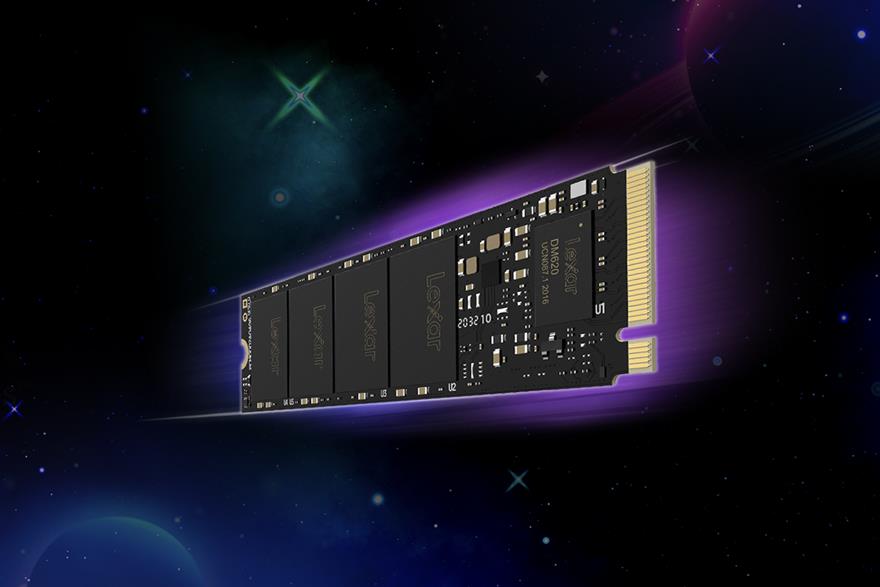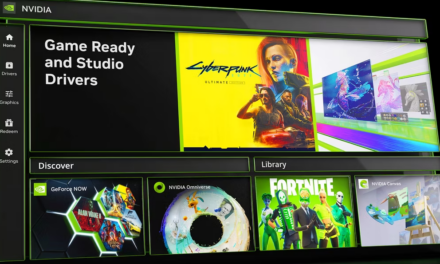
The Things Steam Deck Needs to Do if it wants to Beat Nintendo Switch
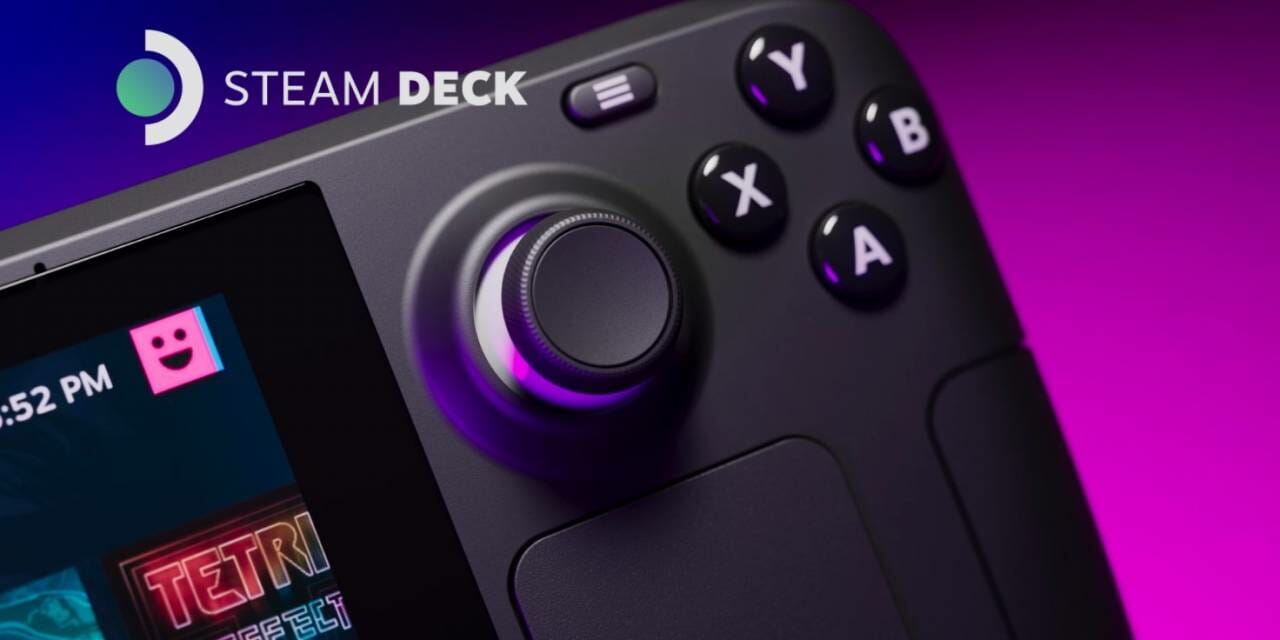
Can Valve’s Steam Deck compete with Nintendo Switch in the portable gaming market? That’s a tough task. Nintendo’s multipurpose device has sold over 90 million units since it launched in 2017. The team at Valve knew the task they faced when they created Steam Deck, so what’s going to make it the world’s top portable? From a basic perspective, the device allows players to access and enjoy Steam’s library of games in a variety of settings. From the handheld device, players can connect to a PC or throw the screen over to a smart TV, much like the Nintendo Switch.
The entry model costs $399 and comes with 64GB of storage. From there, the 256GB and 512GB models cost $529 and $649, respectively. Finally, the thumbstick controls, trackpad, and 1280 x 800 anti-glare etched glass display help to create an immersive experience. Add to this the fact you can access your Steam library from anywhere and Steam Deck has all the ingredients necessary to succeed. However, these strengths can easily fall by the wayside if the console doesn’t speak to the masses. To do this, a device needs to be easily accessible and have plenty of options.
Creating Something for Everyone Matters
To these points, the team at Steam Deck HQ can learn a lesson from their casino gaming counterparts. Ever since the first real-money digital casino games appeared online in the late nineties, variety and cross-platform compatibility have fueled the industry’s growth. Today, online casino gaming is worth more than $90 billion worldwide. Part of this success is down to the fact consumers have thousands of games to choose from and, in turn, thousands of sites to play them on.
In essence, the best online casinos in the USA are gaming hubs. They all have their own unique look, feel, and promotions. For example, BetMGM gives new customers up to $1,025 in bonus cash, while 888Casino has a $520 first deposit deal. However, for all their differences, these casinos also share a lot of games. Software developers such as NetEnt and Playtech create licensable products. This means online casinos can acquire the rights to offer them on their sites.
Flexibility Creates Mass Market Appeal
This dynamic allows the average online casino to host multiple developers and offer hundreds (if not thousands) of games. Consumers can play these games via their desktop devices or mobiles. The result is more choice, which means there’s something for everyone. Casino sites and game developers are casting their nets far and wide. They’ve created a vast ecosystem where every type of consumer can find something they enjoy.
The counter to this example is PS Vita. PlayStation’s handheld device was set to be a gamechanger when it was released in 2011. In many ways, it could have been. However, in reality, it flopped. It’s fair to say the advent and evolution of smartphones didn’t help. However, PS Vita’s lack of games was the real issue. The support for old games was either poor or non-existent and the new games that arrived weren’t up to scratch. Uncharted Golden Abyss and Wipeout 2048 were impressive, but there wasn’t much else to shout about.
Variety is the Spice of Life
This lack of games that people wanted to play was the handheld console’s downfall. Of course, we can’t say that Steam Deck can thrive like casino apps and avoid Vita’s fate just by offering tons of games. The industry is more complex and nuanced than that. However, there’s no substitute for choice. The demographics of the average gamer have changed over the years; WePC found that, in 2021, 2.5 billion people called themselves gamers. According to the Entertainment Software Association (ESA), the average age of a modern gamer is 34, they own a house, and have children.
Finally, even though men are still the main target audience, data from Earnest shows that 6% of women identify as gamers. Boiling all this down to a single point, we get to the idea that gamers aren’t a homogenous unit. As such, companies need to offer something for everyone. From the hardcore gamer sitting in their Happy Game chair with lumbar support to the casual laying on a sofa. Appealing to the masses is how Valve’s Steam Deck can succeed. It’s not the only way, but it’s an important way. Offering more games to more people is a proven recipe for success and that’s how Valve can compete with Nintendo in the portable gaming market.
















